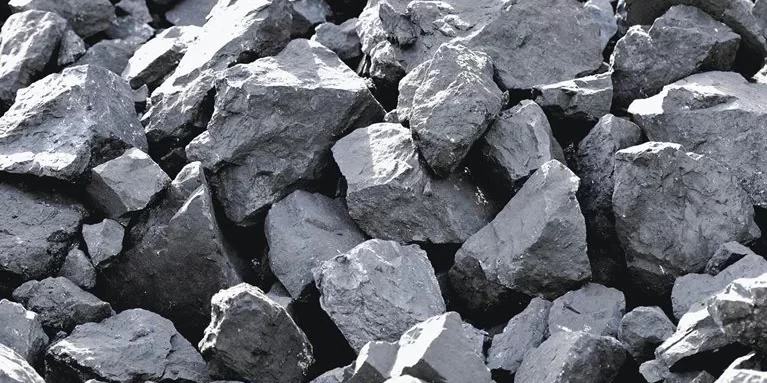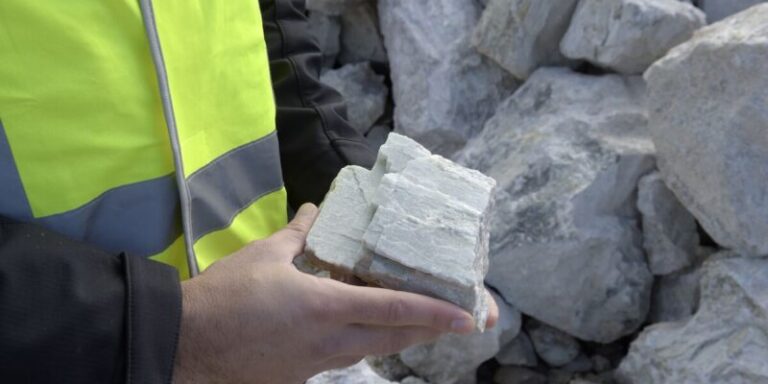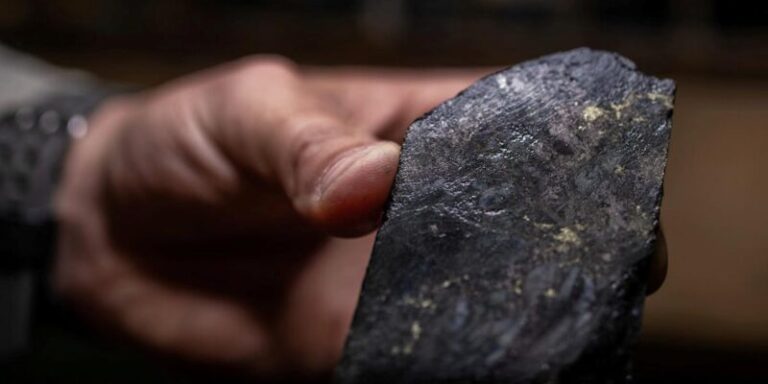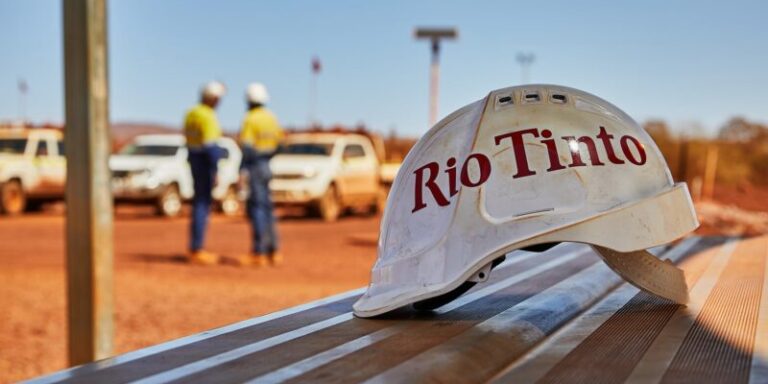
Plans to establish two new nickel trading platforms, aimed at challenging the London Metal Exchange (LME), have been disrupted by BHP’s decision to suspend its nickel operations in Western Australia.
This has prevented the company from committing its nickel volumes to the new initiatives, which rely heavily on its supply.
After a market collapse in March 2022, LME nickel lost support from both producers and consumers. However, delays to these competing platforms have allowed the LME to maintain its dominance in global nickel trading.
BHP, the world’s largest publicly listed mining company, had backed both initiatives and criticized LME nickel trading for not reflecting the physical market, calling for long-overdue reform.
However, without BHP’s involvement, the two new platforms—UK-based Global Commodities Holdings Limited (GCHL) and Singapore-based Abaxx Technologies—are now seeking alternative sources of nickel supply.
GCHL had announced plans to launch a physical nickel trading platform in response to the 2022 market turmoil, when nickel prices soared to over $100,000 per metric ton in just a few hours before trading was halted.
Meanwhile, Abaxx, which owns a new commodities exchange in Singapore, planned to introduce the world’s first nickel sulphate contract, a crucial material for electric vehicle batteries.
Both projects have been derailed by BHP’s suspension of its Kwinana nickel sulphate refinery and other facilities in Western Australia.
According to industry sources, BHP is not in a position to publicly commit to either platform while it shuts down nickel operations, though the company is a shareholder in GCHL and is expected to join the nickel platform in the future.
BHP cited an oversupplied nickel market and plummeting prices for its decision to halt operations. Since the March 2022 peak, LME nickel prices have dropped by over 80%, driven in part by rising stock levels in LME-registered warehouses.
Despite the setbacks, GCHL’s CEO Martin Abbott remains optimistic, noting that BHP contributed significantly to the platform’s product design, and that the underlying contract is ready for use.
BHP also acknowledged both the GCHL and Abaxx initiatives in a commodities outlook, stating it is working with the broader industry to create a more transparent and independent pricing mechanism for nickel.
Abaxx, which began trading liquefied natural gas (LNG) and carbon futures in June, has delayed the launch of its nickel sulphate contract but remains committed to introducing it soon. With major nickel sulphate producers like BHP exiting the market, Abaxx is seeking new participants to provide liquidity.
GCHL aims to include nickel from all non-sanctioned sources, with a focus on pricing differences between materials from various origins.
More than 50% of the world’s nickel supply now comes from Indonesia, primarily produced by Chinese firms, often with high carbon emissions.








